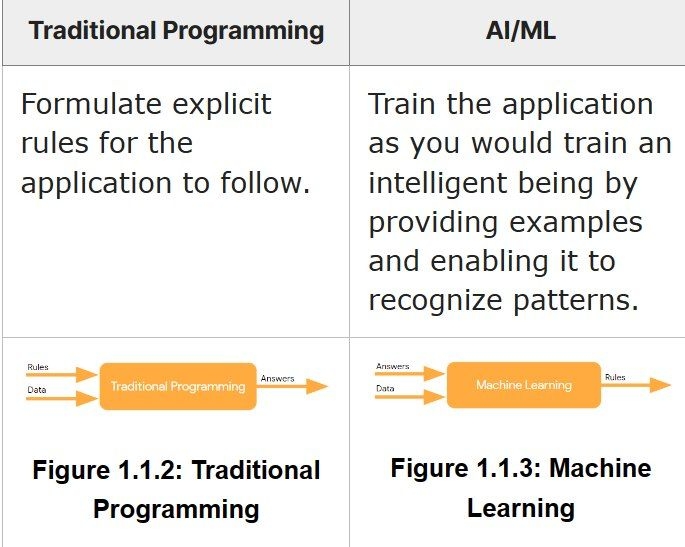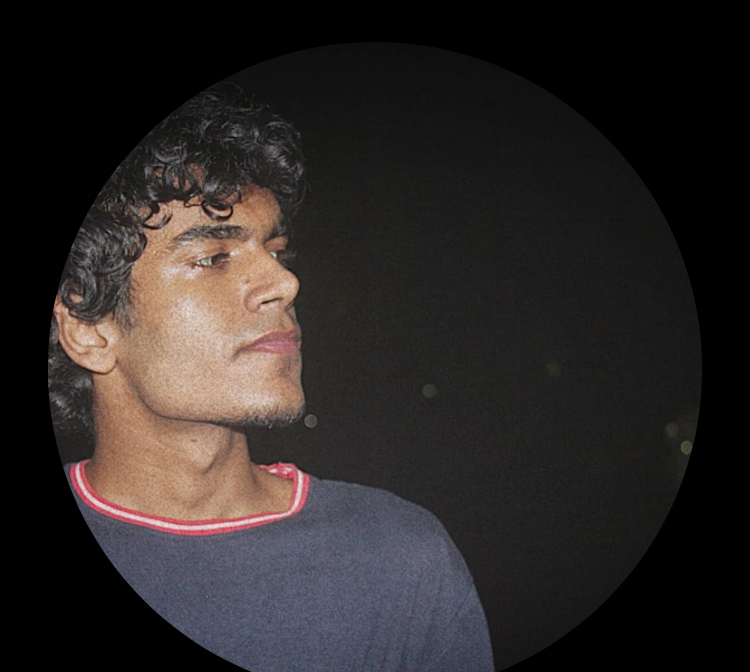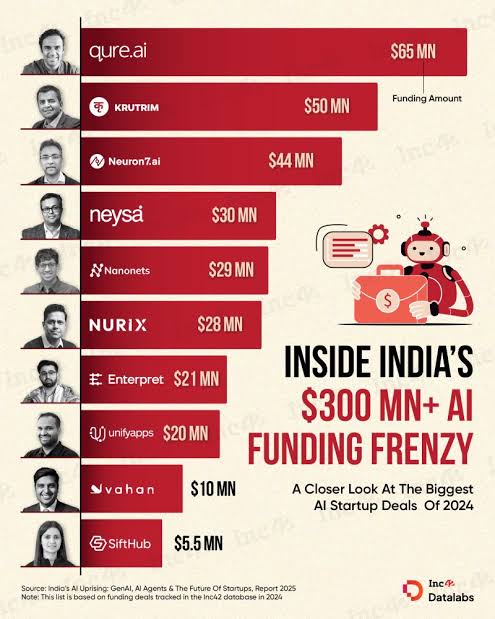Back
vishakha Jangir
•
Set2Score • 6m
The ET Soonicorns Summit 2025 in Bengaluru is bringing together India’s top startup founders, VCs, and AI leaders to discuss how companies can create defensible advantages (“AI moats”) in an environment where generative AI technology is quickly becoming commoditized. Speakers stressed that simply branding a startup as “AI-powered” is no longer enough to maintain a competitive edge—companies must invest in proprietary data, domain-specific models, strong distribution channels, and unique problem-solving approaches to ensure long-term defensibility. A unicorn founders panel titled “Unravelling AI Moats for Market Leadership” highlighted real-world examples where startups succeeded or failed based on their ability to create barriers to entry in the AI space. Panelists emphasized the need for startups to go beyond building wrappers on top of open-source models and instead focus on developing core technological assets that cannot be easily replicated. An earlier curtain-raiser event explored the importance of localized AI infrastructure, pointing out that storing and processing data within India ensures contextual relevance, compliance with data sovereignty laws, and inclusivity for underserved regions. Industry leaders from organizations like CSTEP, Aindra, Fluid AI, and Nasscom AI explained that region-specific data centers can bridge the digital divide, especially for rural populations, enabling AI adoption in sectors like agriculture, health, and education. Manish Gupta, Senior Director at Google DeepMind, is set to share insights on why certain AI startups scale to billion-dollar valuations while others plateau, including strategies on deep-tech differentiation, product-market fit, and global market expansion. Founders from Pratilipi, Zolve, and Stellaris will share “billion-dollar AI blueprint” case studies, detailing how they scaled products while maintaining defensibility in a highly competitive landscape. Venture capital leaders from Prime, Lightspeed, and pi Ventures will debate whether the recent flood of AI investment in India is fueling true innovation or merely following market hype, warning that capital without a clear moat strategy can lead to inflated valuations and rapid decline. The summit also features discussions on AI ethics, with deepfake misuse and AI-driven misinformation flagged as critical risks; incidents involving public figures like Madhusudan Kela and Rashmika Mandanna were cited as examples of why startups must integrate responsible AI frameworks from the outset. The event is designed as both a knowledge-sharing platform and a networking opportunity, encouraging collaboration between policymakers, investors, and founders to strengthen India’s position as a global AI innovation hub. Follow vishakha Jangir for more such details.

More like this
Recommendations from Medial
Czone wave
Hey I am on Medial • 10m
The Booming Sectors of Chinese Startups: A Deep Dive China's startup ecosystem is evolving at an unprecedented pace, fueled by technological advancements, government support, and massive consumer base. As China continues to strengthen its position a
See MoreTanzeem Shaikh
Being not creating • 11m
There is no way AI can develop more. Elon Musk fed all of the data on grok 3 and there is no more data left. Yes AI can develop how to talk like a human. but is this really what we wanted? So the future development of AI is as follows the existing AI
See MoreVaibhav Gaikwad
Engineering Student ... • 7m
The Future of AI/ML in Startups: Disruption, Opportunity, and Innovation Artificial Intelligence (AI) and Machine Learning (ML) have become the backbone of the next wave of global innovation—and nowhere is this transformation more profound than in t
See MoreAnkush Sharma
Business Consultant ... • 8m
MOATS IN BUSINESS: THE HIDDEN POWER BEHIND MARKET DOMINANCE 🛡️ In business, a moat refers to a company’s sustainable competitive advantage—the ability to fend off rivals, protect profits, and grow for the long term. Warren Buffett famously invests
See MoreAnonymous
Hey I am on Medial • 1y
A decentralised marketplace where different startups, institutions, and big companies are connected and where they can share their data. The platform provides pre-processing, compliance checks and data licensing to provide a safe harbour for AI compa
See MoreAryan patil
Intern at YourStory ... • 1y
In traditional programming, the focus is on using rules and data to find answers. This is typically represented as rules + data = answers. In contrast, AI/ML takes a different approach: Answers + data = rules. In AI/ML, we train models by providing
See More
Vivek Joshi
Director & CEO @ Exc... • 9m
Discover the dynamic differences between startup leaders and corporate leaders in our latest video! Learn why startup leaders embrace risk and uncertainty, prioritizing speed and innovation, while corporate leaders focus on stability and structured d
See MoreDownload the medial app to read full posts, comements and news.













/entrackr/media/post_attachments/wp-content/uploads/2021/08/Accel-1.jpg)




















